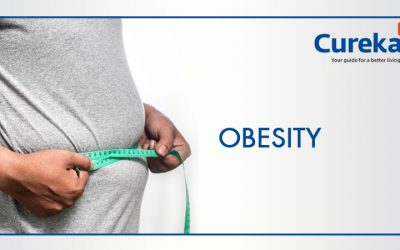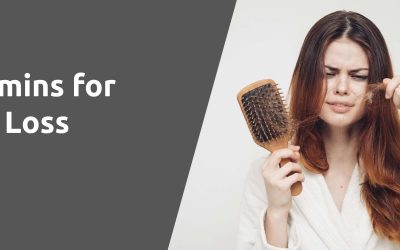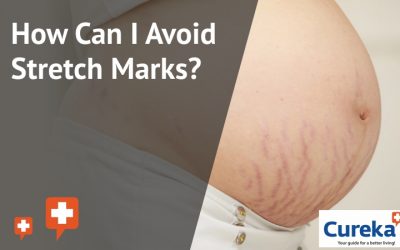Does diet effect acne? Dermatologist unveils the truth
PIMPLES(Acne):
Pimples(Acne) is a skin disease with prevalence rates affecting over 85% of teenagers . Acne is caused by different factors such as increased production of sebum(oil), the release of inflammatory mediators in the skin, hyperkeratosis(skin build up) and growth of bacteria anaerobic Propionibacterium acnes (corynebacteria) . Multiple factors contribute to the formation of pimples which includes genetic predispositions, hormonal abnormalities (androgens (male hormones) play the key role), immunological disorders, psychological, environmental and even iatrogenic factors
The quantity of carbohydrates consumed as well as the rate of carbohydrate absorption is called the “Glycemic load”. Foods like sugar, white bread, and white rice have high glycemic index and are rapidly absorbed, leading to higher serum glucose levels and corresponding elevated levels of insulin. Insulin and IGF-1(a protein called insulin like growth factor) have been shown to augment sebum production. They stimulate the adrenal androgen synthesis, and increase androgen bioavailability, all of which play a role in causing pimples
The Western diet, enriched in meat and dairy proteins, provides high and persitantly increasing amounts of leucine(an amino acid used in the biosynthesis of protein). Sebaceous glands(oil secreting glands)are able to take up and convert leucine into their major sebum lipid classes.
Acne coincides with the growth phase of puberty induced by increased pituitary secretion of growth hormone (GH) and GH-mediated hepatic secretion of IGF-1, which is intimately involved in the pathogenesis of acne.
Three major food classes that promote acne are: 1) hyperglycemic carbohydrates, 2) milk and dairy products, 3) saturated fats including trans-fats and deficient ω-3 polyunsaturated fatty acids (PUFAs).
The Omega-6 fatty are associated with the development of inflammatory acne(red pustular form of pimples). On the other hand, intake of high levels of omega-3 fatty acids capsules is associated with decreases in inflammatory factors.
Patients should balance total calorie uptake and restrict refined carbohydrates, milk, dairy protein supplements, saturated fats, and trans-fats. A paleolithic-like diet enriched in vegetables and fish is recommended.
Supplements to note
The impact of diet on the course of acne vulgaris is still a very controversial subject, but can no longer be overlooked .One has to think if diet is the sole cause or other environmental conditions such as stress, sun exposure, and air pollution important? To prevent acne by dietary manipulation may not be possible, but there are scientifically plausible reasons to believe that nutrition can affect acne. The roles of antioxidants supplements, omega-3 fatty acids, zinc tablets, vitamin A, dietary fiber and iodine in the course of acne remain unclear.. In my opinion if a patient notes an association between a particular dietary factor and acne severity, he should be instructed to exclude it from diet or limit its consumption.
Writing a food diary could help if one feel they are influenced by diet?
Till date, the research does not prove that diet causes acne but rather influences it to some degree which is still difficult to quantify. Diet influences Pimples and it is not a myth anymore…











